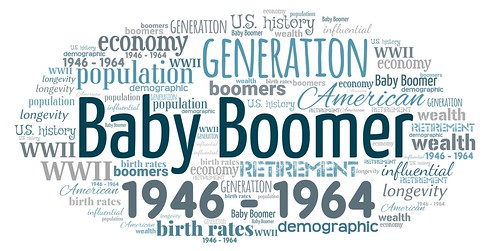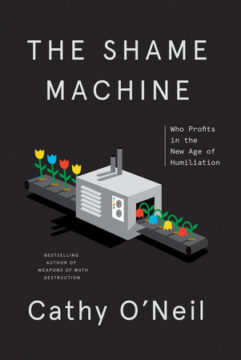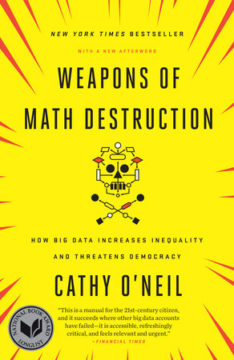by Jochen Szangolies

I have once again been thinking about power, and once again I feel ill at ease with it. Yet while I do consider myself somewhat badly equipped for this pursuit, I nevertheless feel, “in these trying times”, a certain responsibility to not cozy up with pursuits closer to my heart and talents, but invest some portion of my time and ability into examining the mechanisms of control as they are exerted in the world. After all, as before, one may hope that slow and steady going may substitute for knack and knowledge, and perhaps even help those otherwise sidelined to enter the conversation.
The prompt for the present swerve out of my lane was provided by a colleague’s lunchtime question, after the conversation had inevitably landed on the topic of what flavor of future dystopia awaits. “But how,” he started (or nearly enough so), “are the billionaires in their bunkers going to keep themselves in charge?” After all, what’s to stop the armies of servants they depend upon to uphold their lavish lifestyles from just, well, murdering them and taking their shit?
The question invites an immediate followup: what’s stopping us now? Not murdering, as such—but even just applying equal standards to the wealthy stands to free up resources capable of addressing a great many injustices in the world. According to a recent estimate by the US Department of the Treasury, the top 1% of earners dodge about $163 billion in annual taxes. (If you, like virtually everyone, have trouble conceptualizing these sorts of numbers, I find it helps to convert them to time scales: if a dollar is a second, then a million dollars are about eleven and a half days, while a billion dollars are roughly 31.7 years; the avoided sum of taxes then takes us back 5165 years, back to when the first phases of Stonehenge started construction. By contrast, the median US income for a full-time worker is about $63,000, or roughly 17.5 hours.)
Clearly, there is much good that could be done with that sort of money. As a semi-random example, according to estimates it would take from 10 to 30 billion dollars annually to end homelessness in the US, essentially eradicating a major source of suffering. And nobody would have to get murdered—or even unduly inconvenienced: this is money that is already legally owed, simply by having the 1% pay their fair share. Studies project an added revenue of up to $12 dollars per dollar invested in audits of high income individuals. So why aren’t we out there demanding equal treatment for the wealthy? Read more »


 Boomer-bashing is everywhere. Maybe it’s warranted, but a reality check is in order, because the bashing starts from an easy and false idea about how power has moved in American society. The recent change in House Democratic leadership is almost too perfect an example. As a “new generation” takes power in the top three offices, we quietly ignore the most interesting generational story. We griped about the old guard clinging to power, and we cheer for our new young leaders, but we don’t mention that political power skipped a generation: it passed from the pre-Baby Boom generation to the post-Baby Boom generation. The Boomers themselves were shut out of power. As usual.
Boomer-bashing is everywhere. Maybe it’s warranted, but a reality check is in order, because the bashing starts from an easy and false idea about how power has moved in American society. The recent change in House Democratic leadership is almost too perfect an example. As a “new generation” takes power in the top three offices, we quietly ignore the most interesting generational story. We griped about the old guard clinging to power, and we cheer for our new young leaders, but we don’t mention that political power skipped a generation: it passed from the pre-Baby Boom generation to the post-Baby Boom generation. The Boomers themselves were shut out of power. As usual.
 And then I started trying to warn people about the dangers of algorithms when we trust them blindly. I wrote a book called Weapons of Math Destruction, and in doing so I interviewed a series of teachers and principals who were being tested by this new-fangled algorithm called the value-added model for teachers. And it was high stakes. They were being denied tenure or even fired based on low scores, but nobody could explain their scores. Or shall I say, when I asked them, “Did you ask for an explanation of the score you got?” They often said, “Well, I asked, but they told me it was math and I wouldn’t understand it.”
And then I started trying to warn people about the dangers of algorithms when we trust them blindly. I wrote a book called Weapons of Math Destruction, and in doing so I interviewed a series of teachers and principals who were being tested by this new-fangled algorithm called the value-added model for teachers. And it was high stakes. They were being denied tenure or even fired based on low scores, but nobody could explain their scores. Or shall I say, when I asked them, “Did you ask for an explanation of the score you got?” They often said, “Well, I asked, but they told me it was math and I wouldn’t understand it.”